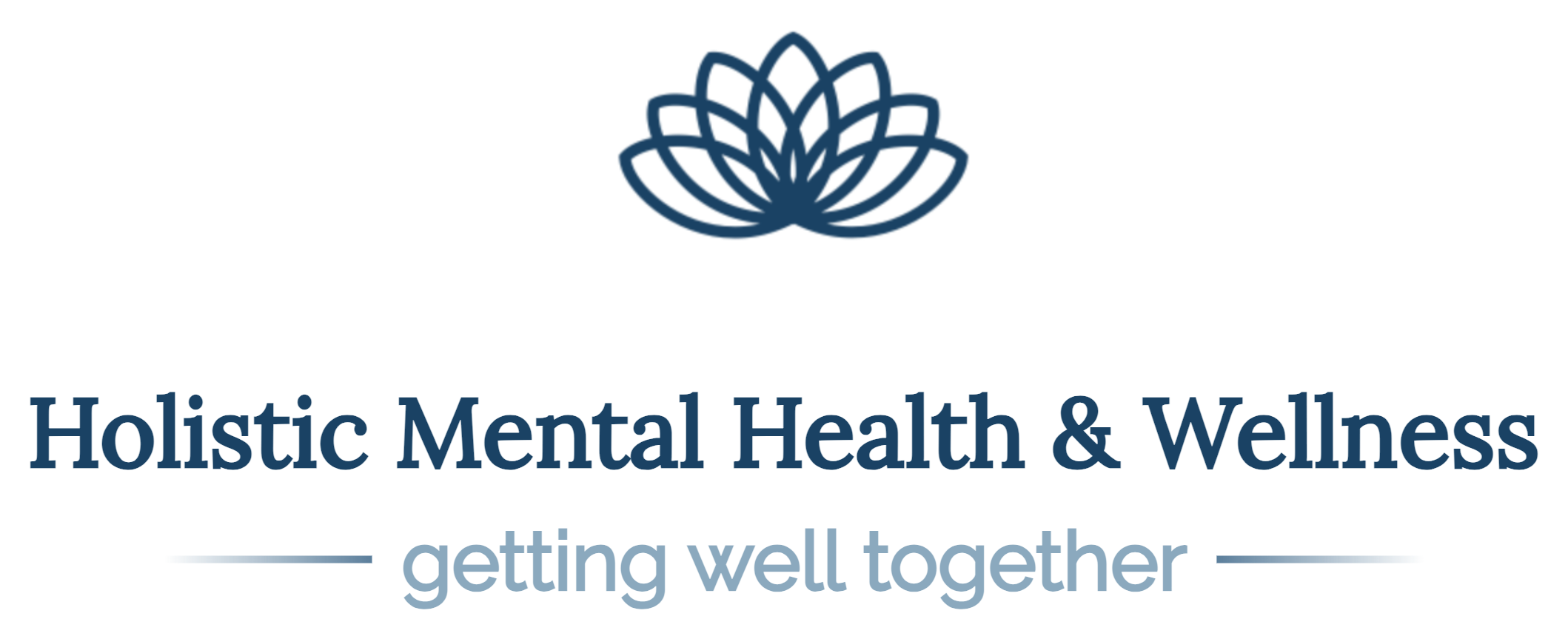
Trauma Recovery

Trauma, Redefined.
Most understand trauma to be a singular event, like a car accident, war, illness or abuse. But trauma is individualized to your life experiences, and manifests inside you.
- Neurologist, Robert Scaer, defines trauma as, “Any negative life event that occurs in a state of relative helplessness.”
- Dr. Gabor Mate defines, “Trauma is not what happened to you. It is what happened inside of you because of what happened to you.”
- Holistic Psychologist, Dr. Nicole La Pera, states, “Our attachments in our earliest years set the groundwork for our subconscious beliefs.”
And our subconscious remembers everything!
Many can relate to the above definitions during early childhood when you were dependent on the adults in your life and thus “helpless”, leaving your emotional needs unmet.
Our early childhood development, starting from infancy, requires key emotional needs. When these emotional needs aren’t met consistently or we live in a state of chronic stress, this creates a trauma response and impacts our foundation for attachment, emotional wellness, physical health, and connection with others.
Early childhood or complex trauma is often misunderstood, ignored, or overlooked. In fact, many people have expressed having “normal childhoods” because they haven’t identified the emotional or complex trauma they endured.
PTSD Explained
As a disorder, Post-Traumatic Stress Disorder (PTSD) is described as a “consequence of failed memory processing when the brain fails to appropriately consolidate and integrate episodic memory into the semantic memory system“.
Simply put, your brain is stuck. Think of a scratched CD that’s trying to move forward, but can’t and keeps repeating the same jumbled music over and over again.
When we experience a trauma, our brain goes into survival mode, thus not allowing us to emotionally or somatically process the trauma. Once we are in a safe space again, the symptoms present, hence the term post-traumatic stress. Your brain and body will remember and react to triggers that are unprocessed and stored incorrectly, even when you’re no longer experiencing the threat or trauma.
Can you relate to any of the following?
- Do you have “social anxiety”?
- Do you have difficulty being in the quiet, stillness, or relaxing?
- Do you tend to avoid conflict or are known to be a “people-pleaser”?
- Do you have difficulty recalling memories, have memory gaps, or have been told you’re forgetful?
- Do you have difficulty concentrating or have been diagnosed with ADHD?
- Do you find yourself getting depressed when you’re bored or needing to always be busy / productive?
- Do you have trouble making decisions?
- Do you notice yourself being either anxious or avoidant in your relationships with others?
The above are only some of the common outcomes of complex trauma. They became ways to adapt, survive, and cope during a state of helplessness. It served a purpose then; it no longer serves you now.
Let’s Heal Together.

About Our CEO
With over 14 years of clinical experience & 50+ successfully completed ART sessions, Nicole has seen first-hand the power our brains have to heal.
Nicole was chosen to be a presenter for the 9th Annual IS-ART Conference in May 2024, where she presented to over 800 counselors about how to apply ART in a way that offers the most effective results for their clients.
Nicole’s functional, holistic approach to mental health requires all counselors at Women Empowerment Counseling to be trauma-informed and to understand the foundation of ART.
Our Trauma Interventions
Accelerated Resolution Therapy
Accelerated Resolution Therapy, often referred to as ART, is an evidence-based practice using bilateral eye-movements, commonly used to treat symptoms of post-traumatic stress.
ART is an exposure–based cognitive psychotherapy that provides rapid recovery by reprogramming how the brain stores traumatic memories and imagery.
Common Outcomes of ART for Trauma Recovery:
- Replace imagery associated to the trauma
- Process body sensations
- Dissolve triggers
- Decrease / resolve post-traumatic stress symptoms
Click here to learn more about our Accelerated Resolution Therapy service.
Dialectical Behavior Therapy
Dialectical behavior therapy (DBT) teaches you the skills you need to manage painful memories and intense emotional overreactions.
Common Outcomes of DBT for Trauma Recovery:
- Learn how to be present in the current moment.
- Increase your level of tolerance with managing intense emotions.
- Learn strategies to regulate your nervous system when triggered.
- Increase connectedness and strengthen your relationships by decreasing interpersonal conflict.
Click here to learn more about DBT.
Trauma-Focused Cognitive Behavioral Therapy
Trauma Focused-Cognitive Behavioral Therapy (TF-CBT) is an evidence-based approach that is proven to be effective in trauma healing.
Common Outcomes of CBT for Trauma Recovery:
- Explore and identify triggers
- Create new attachments to triggers
- Learn, practice, and implement healthy boundaries
- Reframe negative or anxious thoughts
- Detach your pain from your identity
- Rewrite your narrative & identify core beliefs
- Create meaning in your life post-trauma
- Identify your personal growth due to the experiences and challenges you overcame
Click here to learn more about Cognitive Behavioral Therapy.
Mindfulness
Science has proven we have a mind-body connection, and that we store memories, emotions, stress, and trauma in the body.
A key part of trauma healing is teaching our nervous system how to regulate and create a sense of calm. Mindfulness is also one of the four components to Dialectical Behavior Therapy (DBT).
It’s about training your brain and body not to live in autopilot or respond in a fight-flight-freeze-fawn mode when triggered.
Common Outcomes of Mindfulness for Trauma Recovery:
- Reattach to your conscious mind by learning how to be present
- Reconnect with your body by dissolving body memories / triggers
- Decrease pain or stress in the body
- Create new attachments to your body
- Regulate your nervous system
- Learn how to manage anxious or intrusive thoughts
Click here to learn more about our Mindfulness practices.

We offer a complimentary consultation!
Post-Traumatic Growth
Our overall goal of Trauma Recovery is Post-Traumatic Growth. This looks like finding a way to take new meaning from your traumatic experiences, which helps you live a quality life of happiness and wellness. It’s a concept that describes a positive psychological change due to the struggles you overcame.
If you’re ready to take back control of your life, click below to schedule a complimentary consultation today!





